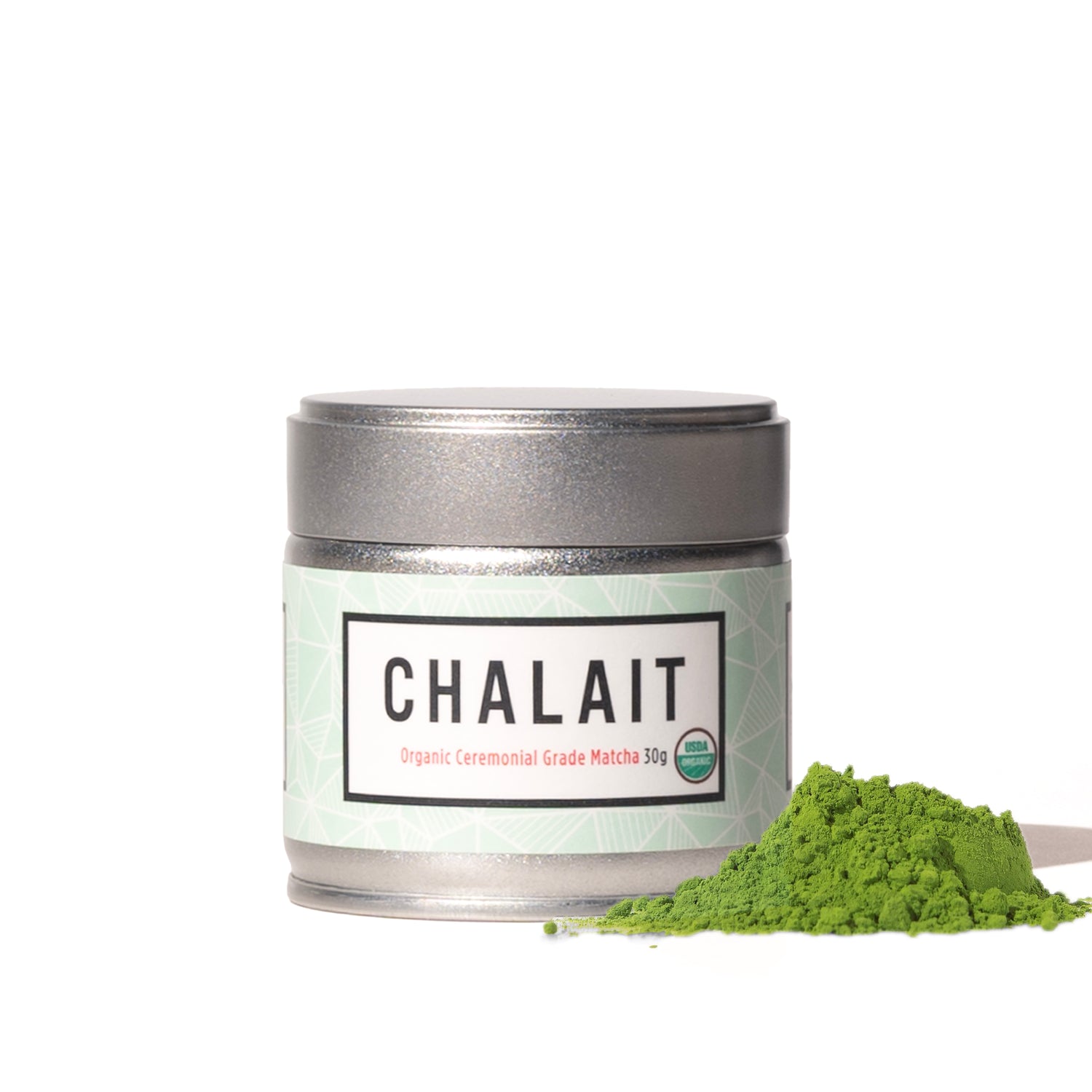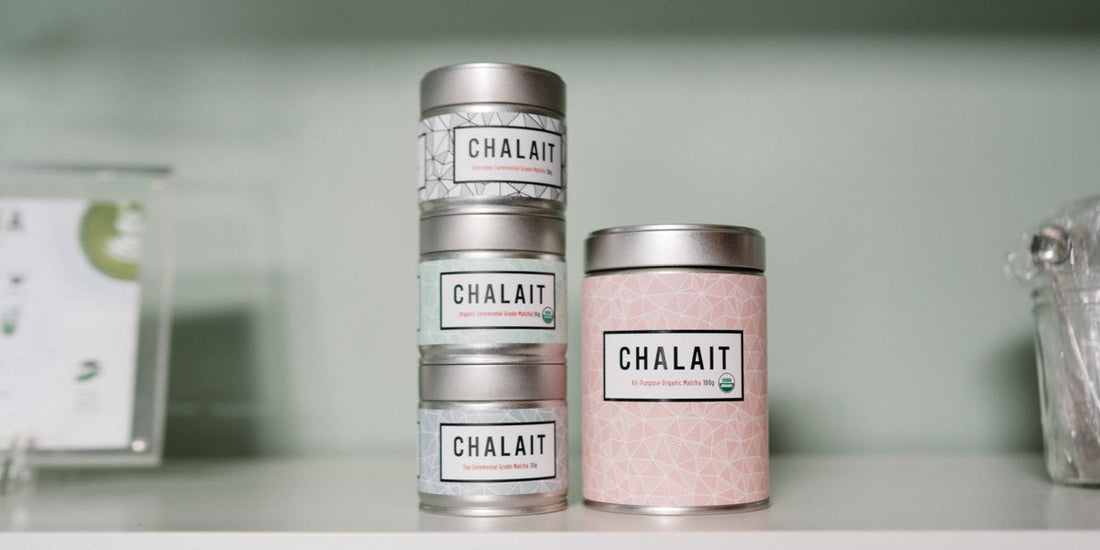You’ve heard that “all health begins in the gut,” and you might know about probiotics and fiber, but where does matcha fit into the picture of digestive wellness? It turns out that this green powerhouse can play a helpful role in supporting your gut and digestion.
From its anti-inflammatory properties to potential prebiotic effects, matcha offers several gut-friendly benefits. Let’s explore how matcha interacts with the complex ecosystem of your gut and why sipping that vibrant green tea could make your tummy happier.
Gentle on the Digestive System
For starters, matcha tends to be easier on the stomach than some other caffeinated drinks. Coffee, for example, is acidic and can irritate the digestive tract or worsen acid reflux. Matcha, being a type of green tea, is lower in acid. Many people who get heartburn or indigestion from coffee find they don’t have that issue with matcha.
Additionally, matcha contains compounds that aid digestion. The bitter-tasting catechins in matcha stimulate digestive enzymes and help break down food. In Japan, green tea is often served during or after meals because it helps the stomach feel more settled.
Anti-inflammatory Effects for the Gut
A variety of gut disorders — including IBS (Irritable Bowel Syndrome) and IBD (Inflammatory Bowel Disease, like Crohn’s or ulcerative colitis) — involve inflammation of the gut lining. Matcha’s primary catechin, epigallocatechin gallate (EGCG), is a well-documented anti-inflammatory compound.
Research published in the Journal of Nutritional Biochemistry found that EGCG suppresses inflammatory cytokines, supporting gut barrier integrity. Green tea polyphenols may also help manage colitis in animal models.
Our detox blog post also highlights that matcha polyphenols “reduce inflammation in the intestinal tract while also fostering good gut bacteria.”
Prebiotic Potential: Feeding Your Good Gut Bugs
The human gut microbiome is home to trillions of bacteria. A diverse microbiome with many beneficial species like Lactobacillus and Bifidobacterium is crucial for digestion, immunity, and even mood.
While matcha isn’t high in fiber, it does contain polyphenols that act as prebiotics. These compounds reach the colon mostly undigested, where beneficial microbes feed on them and proliferate.
Studies have shown green tea catechins positively influence gut microbiota composition (Frontiers in Nutrition, 2023). Notably, researchers found that matcha consumption led to:
-
A decrease in Fusobacterium, linked with colon inflammation
-
An increase in Coprococcus, a butyrate-producing bacterium that supports colon health
Explore our matcha collection to choose the right type for your wellness goals.
Antimicrobial Benefits
Matcha also fights bad bacteria directly. EGCG and other catechins exhibit antimicrobial properties, damaging bacterial cell walls and inhibiting harmful enzymes. A Pharmacognosy Review study noted EGCG's activity against H. pylori, the bacterium responsible for ulcers.
Green tea has traditionally been used to manage digestive illness and purify water, thanks to these antibacterial properties. Drinking matcha may help reduce symptoms related to bacterial imbalances or mild digestive infections.
Matcha’s Natural Fiber Content
Since matcha is made from whole, ground tea leaves, it contains both soluble and insoluble fibers. While the total fiber content per serving is small (about 0.5–1g per gram of powder), these fibers add bulk to stool and support regularity.
Over time, even small amounts of dietary fiber can contribute to healthier bowel function—especially when paired with other fiber-rich foods.
Chlorophyll and Detox Support
Matcha’s vivid green color comes from chlorophyll, which may bind to heavy metals and toxins in the digestive tract. This can prevent their absorption and help eliminate them from the body.
As noted in our detox myths post, chlorophyll is believed to “help neutralize toxins,” which may support microbiome balance by reducing environmental stressors like cadmium or mercury.
Gut-Brain Axis and Matcha’s Mood Effects
Gut health affects more than digestion, it impacts the brain. This is due to the gut-brain axis, a communication network that links the enteric (gut) and central nervous systems.
Matcha contains L-theanine, an amino acid that works synergistically with caffeine to promote calm alertness. Additionally, polyphenols in matcha may support gut bacteria that influence neurotransmitters like GABA and serotonin.
This dual action brain-boosting compounds and gut-nurturing effects may contribute to the focused calm people feel after drinking matcha.
Want to learn more? Read our blog on matcha’s mental focus.
Weight Management and Gut Microbiome
Several studies suggest that green tea catechins can support weight management through gut microbiome modulation. In one review, green tea intake increased energy expenditure and reduced fat absorption — effects partially mediated by changes in gut flora (Molecules, 2020).
Matcha may also promote regularity for some users due to its mild laxative effects, which stem from caffeine and digestive stimulation. Consistent elimination is important for gut health and overall detoxification.
A Note on Moderation
While matcha is gut-friendly for most people, it’s best consumed in moderation. High doses of caffeine can irritate the GI tract, and some sensitive individuals may experience loose stools or stomach upset.
If you have a chronic digestive condition, it’s wise to introduce matcha slowly and monitor your body’s response.
Practical Takeaways
Drinking matcha daily, or using it in smoothies or baked goods can:
-
Aid digestion after meals
-
Possibly reduce bloating
-
Promote a healthier gut microbiome
-
Calm inflammation in the digestive tract
-
Support beneficial bacteria like Coprococcus
-
Help detoxify the digestive system via chlorophyll
Matcha isn’t a cure-all, but it can support your gut health naturally as part of a holistic diet. For those interested in a tasty, functional beverage that promotes balance in the microbiome, matcha is a smart daily choice.
Ready to add gut-friendly matcha to your routine? Explore our matcha shop or read more on the blog for recipes and science-backed wellness tips.


